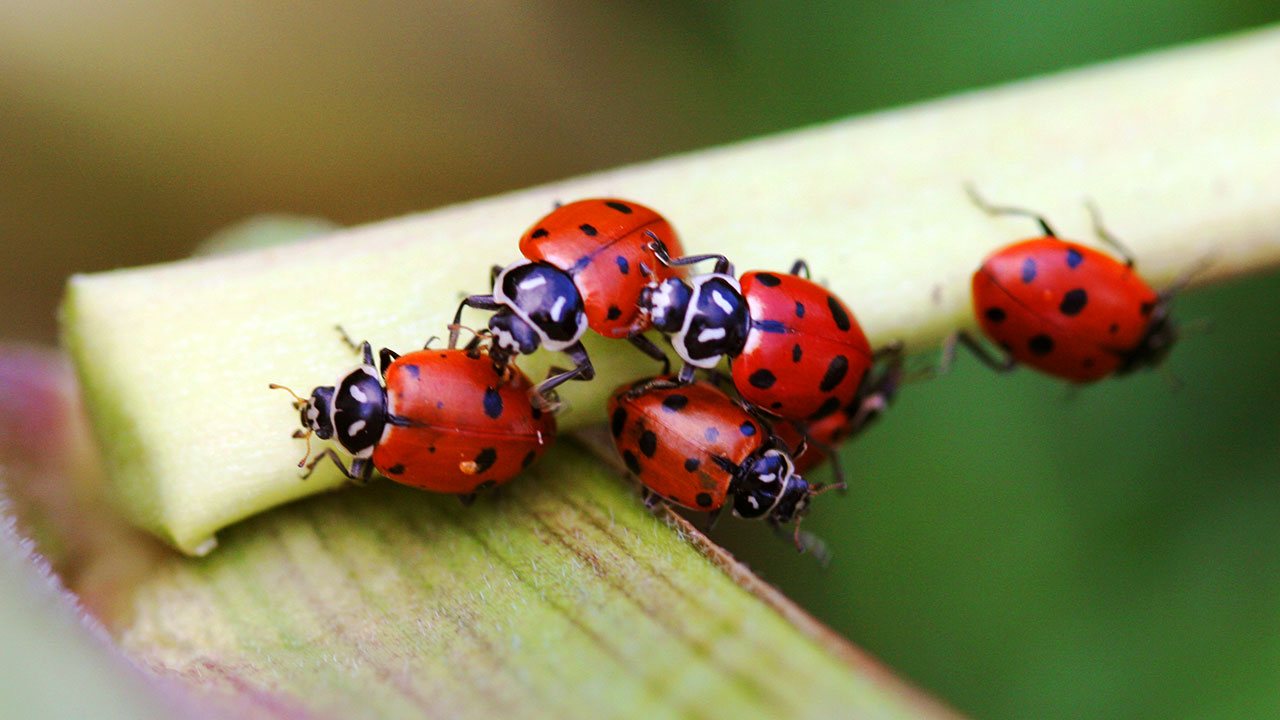
Creating a Healthy Garden: Effective and Sustainable Organic Pest Control Techniques
Organic pest control is a sustainable and eco-friendly approach to managing pests in your garden without relying on synthetic chemicals. One effective method is using neem oil, derived from the seeds of the neem tree. Neem oil acts as an insect repellent and disrupts the life cycle of pests, reducing their ability to feed and reproduce. It is particularly effective against aphids, spider mites, and whiteflies.
Insecticidal soap is another excellent organic option. Made from potassium salts of fatty acids, this soap dehydrates and kills soft-bodied insects like aphids, mealybugs, and thrips upon contact. It’s important to apply insecticidal soap directly to the pests for maximum effectiveness.
Introducing beneficial insects into your garden is a proactive way to manage pests. Ladybugs, for instance, are voracious predators of aphids, while predatory beetles can help control populations of caterpillars and other harmful insects. Encouraging these beneficial insects can create a balanced ecosystem where pests are naturally kept in check
Another powerful tool in organic pest control is the use of microbial solutions like Bacillus thuringiensis israelensis (Bti). Bti is a naturally occurring bacterium that specifically targets the larvae of mosquitoes, fungus gnats, and black flies. When these larvae ingest Bti, it produces proteins that paralyze their digestive systems, effectively controlling their populations. Bti is safe for humans, pets, and beneficial insects, making it an ideal addition to an organic pest management strategy.
For disease control, emulsified canola oil can be a valuable asset. This oil works by smothering pests and interfering with the growth of fungi, thus preventing diseases such as powdery mildew and rust. Canola oil can be mixed with water and a small amount of soap to create an effective spray. Regular applications can help keep both pests and diseases at bay, ensuring your plants remain healthy.
Homemade sprays, such as a mixture of water, garlic, and hot pepper, can deter many common garden pests. Regularly inspecting your garden for early signs of pest infestations allows you to address problems before they become severe. Handpicking larger pests, such as caterpillars and beetles, can be an effective way to reduce their numbers.
By combining these organic pest control methods, you can create a healthy, thriving garden without harming the environment. This approach promotes biodiversity and ensures that your garden remains a safe haven for beneficial insects and other wildlife.
Discover Beautiful Flowers, Expert Gardening Tips & Interesting Plant Science!
By submitting this form, you are consenting to receive marketing emails from: . You can revoke your consent to receive emails at any time by using the SafeUnsubscribe® link, found at the bottom of every email. Emails are serviced by Constant Contact

About The Author
John Bagnasco has been in the gardening industry for over 50 years, starting with a horticulture degree from Michigan State University and following a stint at Frank’s Nursery and Crafts in Detroit.
After publishing his first book “Plants for the Home Vol. I” in 1976, he moved to California to become regional manager and buyer for the Nurseryland division of Sunbelt Nursery Group.
He then became the head buyer for Armstrong Garden Centers based in Glendora, California. John had a part-time affiliation with Creative Promotions for ten years before joining them full-time in October 2000 as a senior editor and radio personality for Garden Compass.
John has also taught horticulture classes at Palomar College and San Diego State University.
He is the host of the DVD “The Essential Guide to Roses,” which also features Bryan Main and Bruce and Sharon Asakawa.
His most recent book is “Planting Designs for Cacti and Succulents”.
Currently, John is a co-host on “Garden America,” an interactive live gardening show that additionally provides podcasts of the broadcasts accessible on all major platforms.
You can contact John here.
